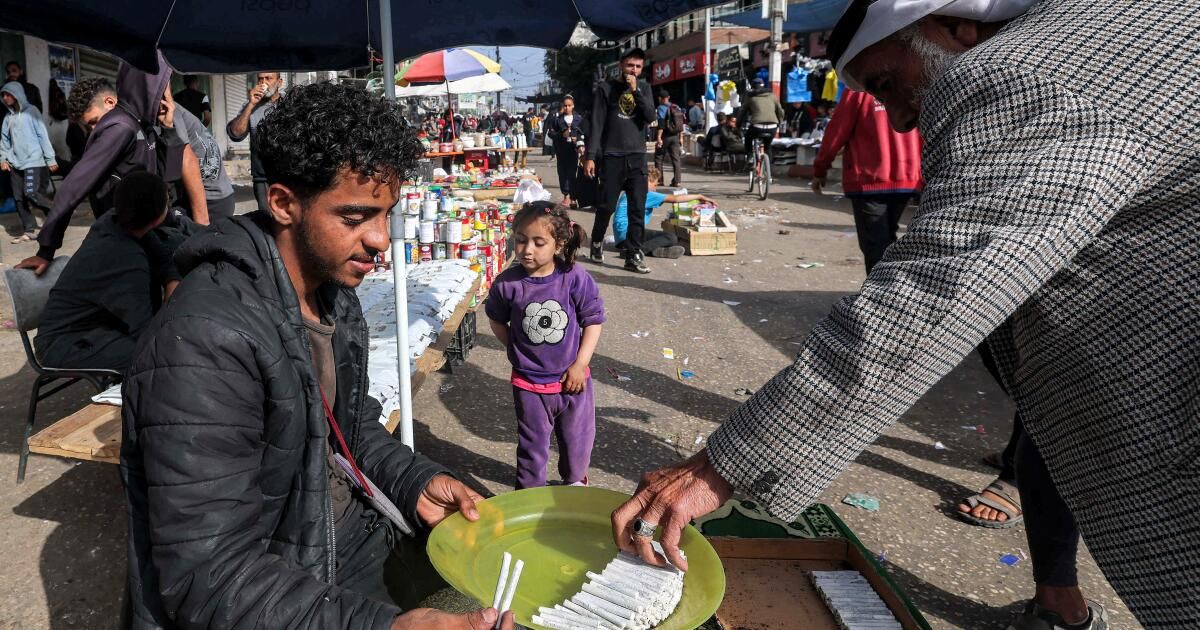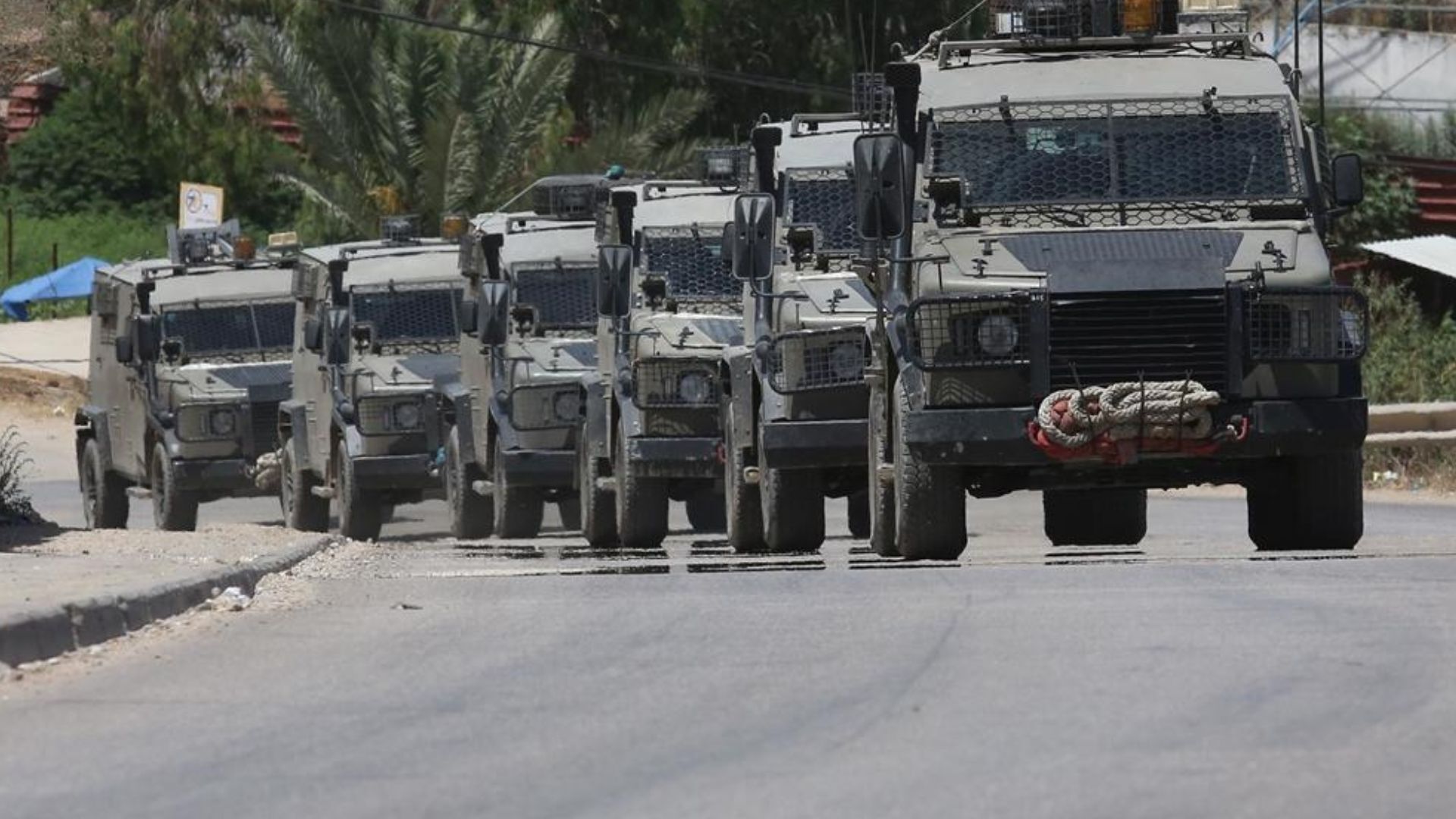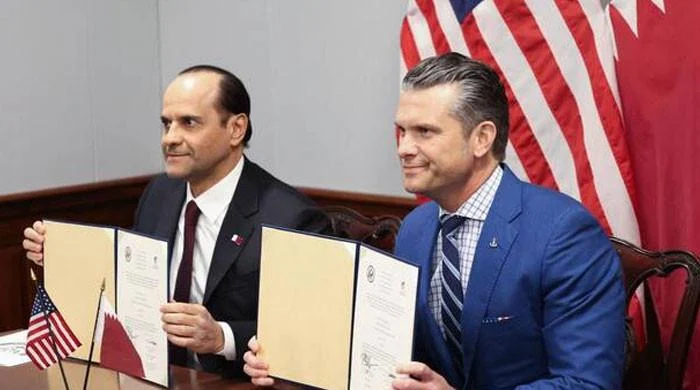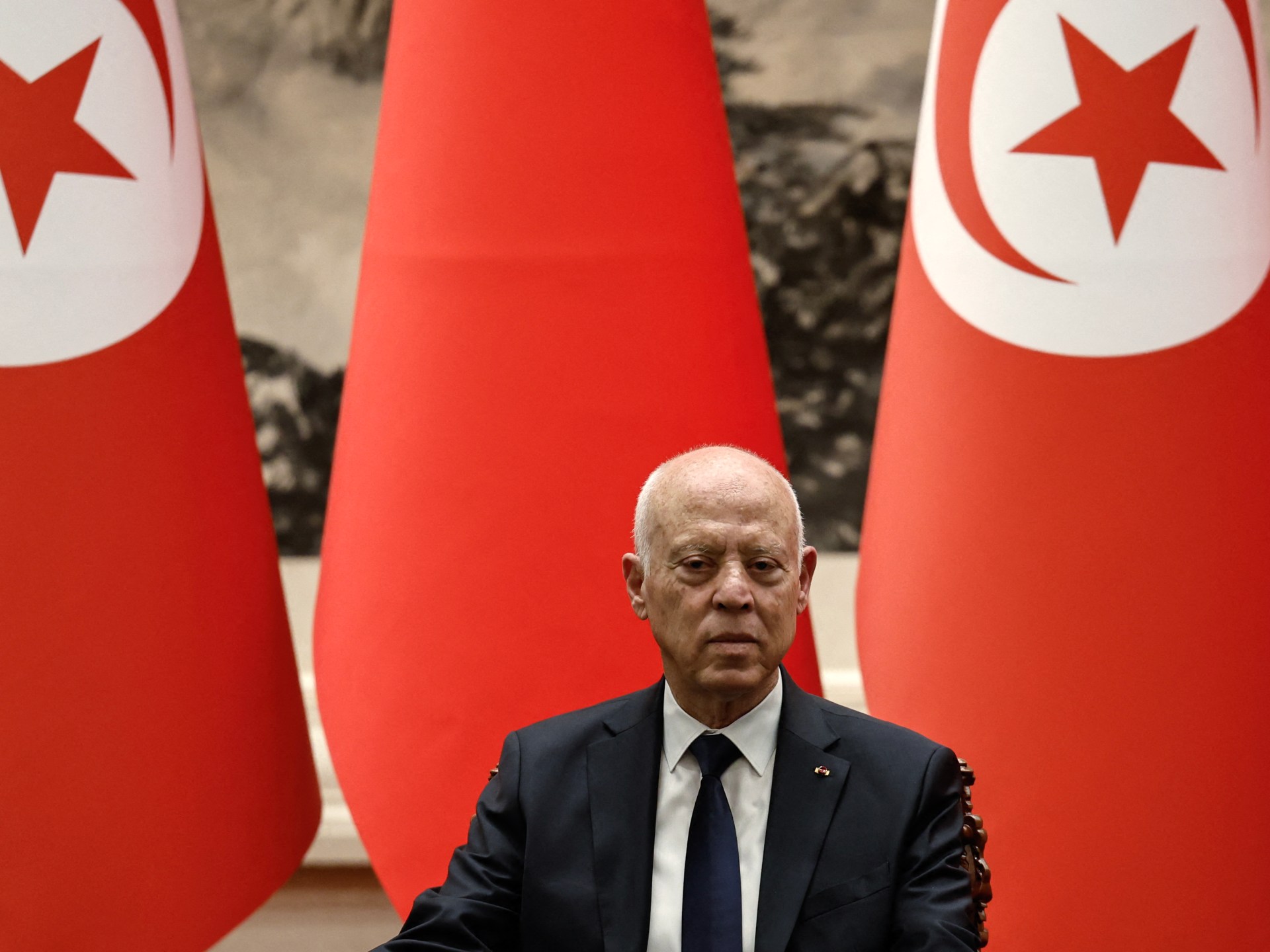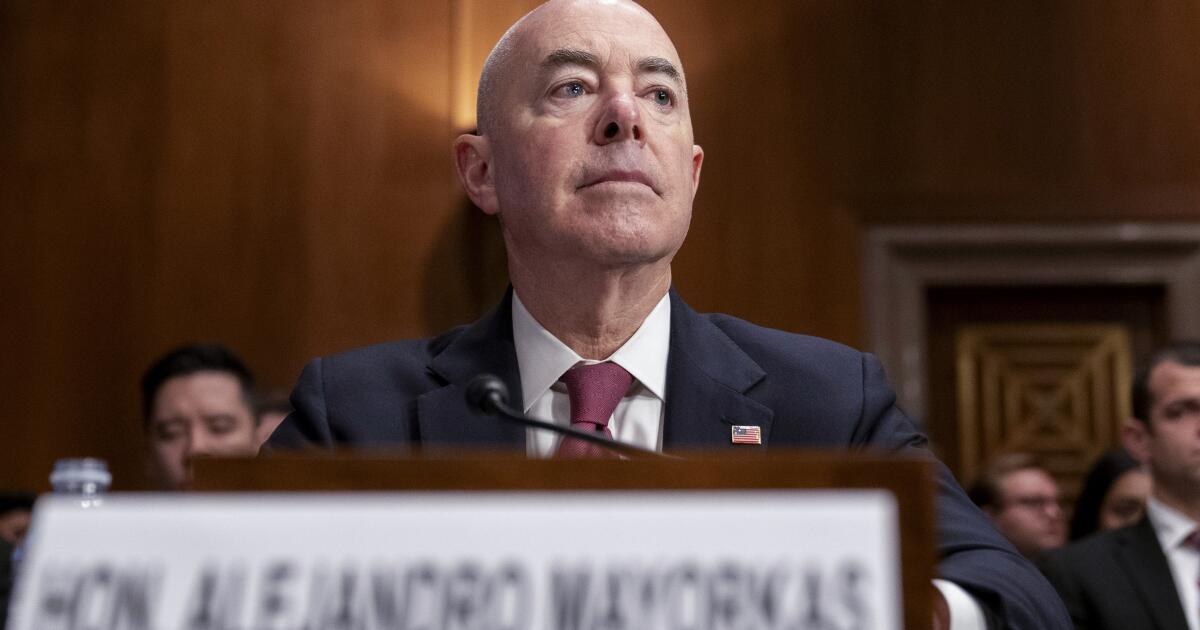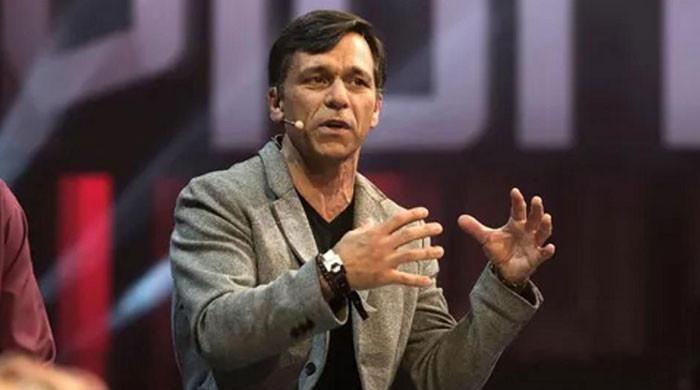In Gaza, in times of war, life's consolations are few and far between. Even the momentary comfort of a cigarette is almost out of reach.
Severe shortages of tobacco products have sent prices soaring, leaving smokers in the devastated coastal territory nervous and helpless.
Fathi Sabbah, a 64-year-old father of four and a journalist by profession, said that after Israel took control of the Rafah crossing into Egypt in May, he saw single-brand Royal cigarettes selling for 120 Israeli shekels, the equivalent of about $32.
“That’s crazy!” he said angrily.
The cheapest brands cost almost $10 for a single cigarette, but that's still more than an entire pack before the war.
The frustrated desire for a nicotine fix can seem trivial amid the daily struggle to feed and shelter one's family, mourn the dead, queue at makeshift toilets and watch children sicken and waste away.
But smokers say the sense of overwhelming desperation is part of the circular logic of craving: Sometimes it seems like only a cigarette might help.
“The first time I quit smoking was for nine years, and then several times, each time for a few months,” Sabbah said. “But this damn war and the oppression we are experiencing make it impossible for me to quit now.”
A man rolls cigarettes to sell on the street in Rafah, southern Gaza Strip, on March 4, 2024, amid the ongoing conflict between Israel and the Hamas movement.
(Mohammed Abed / Getty Images)
The nine-month war — which has killed at least 37,900 people in Gaza, according to local authorities — has made virtually everything more expensive, in large part because Israel has severely restricted the goods allowed into the enclave.
But the rise in cigarette prices has been almost unimaginably extreme. Some traders say they are trying to keep prices down for basic goods like flour and cooking oil (if they can be found) by charging a higher premium for tobacco.
Locals describe the economy of scarcity: Almost all the tobacco now entering Gaza comes from smugglers who manage to sneak it between food trucks at the still-open commercial crossing, or from the few travellers who bring it in from abroad.
Hamas, whose government used to tax cigarettes arriving in legal shipments, now demands an unofficial tariff on half of the cigarettes it intercepts, Gazans say. Bandits have also raided humanitarian supplies for smuggled cigarettes.
Gaza has traditionally been a smoking zone. A 2021 survey by the Palestinian Central Bureau of Statistics found that one-third of adult men were regular tobacco users.
Before the war, women could occasionally enjoy themselves behind closed doors, usually with a hookah or water pipe. But a kilo of mussel — hookahor flavored tobacco, costs the equivalent of more than $800, compared with $70 before the war.
With currency exchange almost completely cut off, almost no one has money to spare. Monthly salaries for civil servants, which average about $215, have been paid only four times since the war began.
Hamza Al-Kurd, a 42-year-old tea vendor who sold cigarettes before the war, said he started smoking at 17 and now finds it impossible to quit. His daily income is about $27, enough to buy a single high-quality cigarette.
“Sometimes I buy part of a cigarette to smoke during the day,” she said. The compulsion is so great, she said, that “I might not buy food for my children so I can buy a cigarette.”
Abdallah Abu Al-Ayeesh, who fled from Jabaliya in northern Gaza to Rafah, said a 20-pack of Royals beer used to cost him $5.
Today, at $32 a cigarette, without discounts for buying in bulk, a pack costs $640, or more than a 100-pound sack of wheat. No wonder street vendors tend to sell cigarettes one at a time.
“Sometimes my friends and I pool our money and buy a single cigarette to share,” Abu Al-Ayeesh said. They jostle to keep each other from taking too long of a drag, “so that it will last for all of us.”
The supply of cigarettes entering Gaza, according to an Economy Ministry source who spoke on condition of anonymity, has fallen from about 12 million packs of cigarettes a month to a total of about 2.5 million since the war began in October.
In a grim twist, the adverse effects of quitting cold turkey affect not only former smokers, but also their families. Social workers and aid groups say the war has increased rates of domestic violence.
In tent camps filled with displaced people, people say that deprivation of tobacco sometimes exacerbates the conflict to the point where women and children can be harmed.
“There have been bloody fights between family members over cigarettes. Sometimes that causes more problems than the lack of food,” said Nader Abdelqader, a 43-year-old architect who lives in one of those camps in Khan Yunis after escaping an Israeli bombardment near Rafah.
Before the war, he smoked a pack of cigarettes a day and his morning cigarette was a “holy ritual.”
“If I didn’t have it, I would be in a bad mood all day and cause trouble at home and in camp,” he said. The war forced him to cut back, first to 10 cigarettes, then to six and finally to just one cigarette in the morning. But since he barely had money to buy food, he couldn’t justify the expense.
Between the humiliations of war and the lack of a nicotine fix, many of the smokers around him are nervous.
“You can't talk to anyone who has smoked; sometimes you see their hands shaking from nicotine withdrawal.”
That's why Mahmoud Khairdine stopped selling cigarettes a few months after the war began.
“You go to bed and the next day you wake up with the higher price,” he said. “People are going crazy about this and I just didn’t want to argue with them.
“All I got was trouble and fights, and no money.”
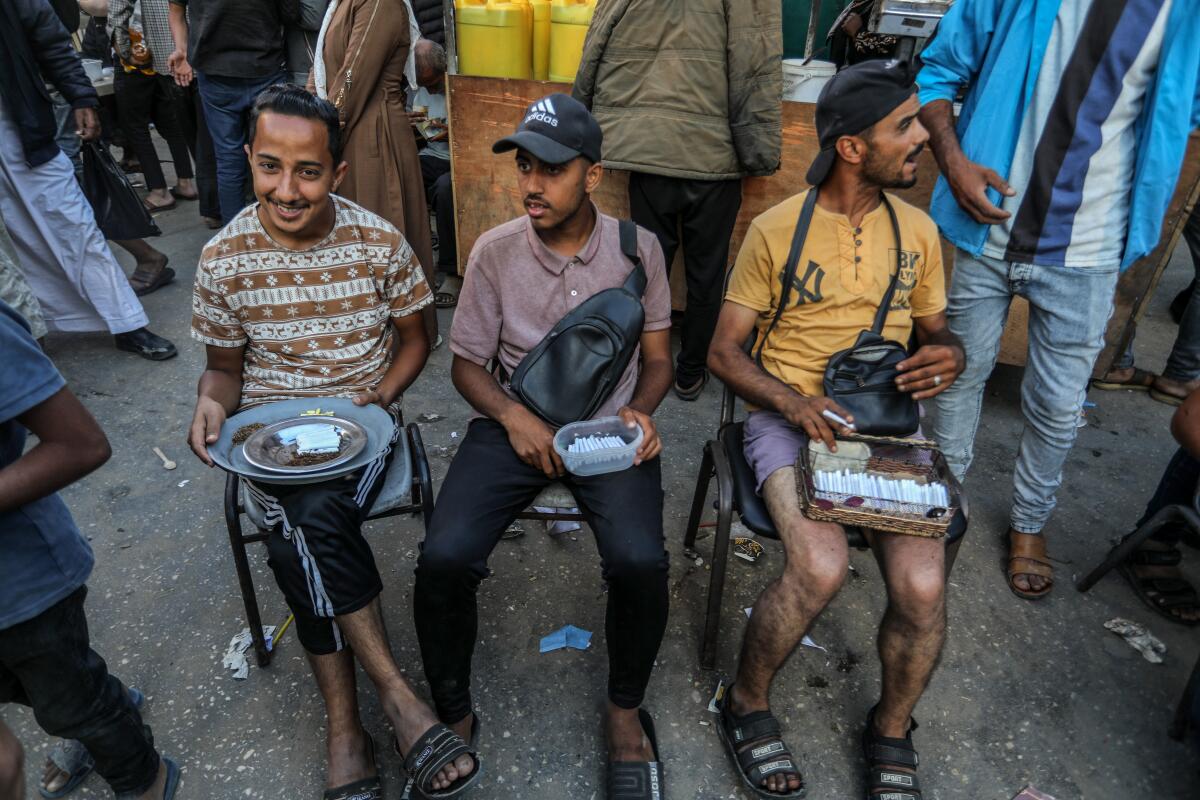
Palestinians sell cigarettes at a street market in Deir al Balah, central Gaza Strip.
(Abed Rahim Khatib/Getty Images)
Some smokers have turned to Arabic tobacco, a blend of dried, finely chopped tobacco flakes mixed with herbs and spices and hand-rolled with whatever rolling paper is available. But overwhelming demand has also made it nearly impossible to find.
Enterprising vendors like Ibrahim Abu Shahada, 31, create adulterated blends of Arabic tobacco using ingredients like dried fig leaves and guava. He assembles his product and sells it for about $5 a cigarette, a bargain these days.
“There are young people who ask me to lower the price because they can't stop smoking,” he said.
Locally produced tobacco blends are enriched with nicotine for e-cigarettes, usually in the form of salts.
“We are facing two wars: the war of slaughter and the war of high prices,” Abu Shahada said. “Everything costs twice as much and there are no sources of income.”
He has pledged to quit smoking, but will continue selling.
Sabbah, the journalist, used to smoke 30 cigarettes a day but said the ruinous prices have kept his addiction at bay, if only temporarily.
“I will start smoking again when the price comes down,” he said. “It is a shame that a cigarette is defeating us.”
Times writers Bulos and King reported from Beirut and Berlin, respectively.

